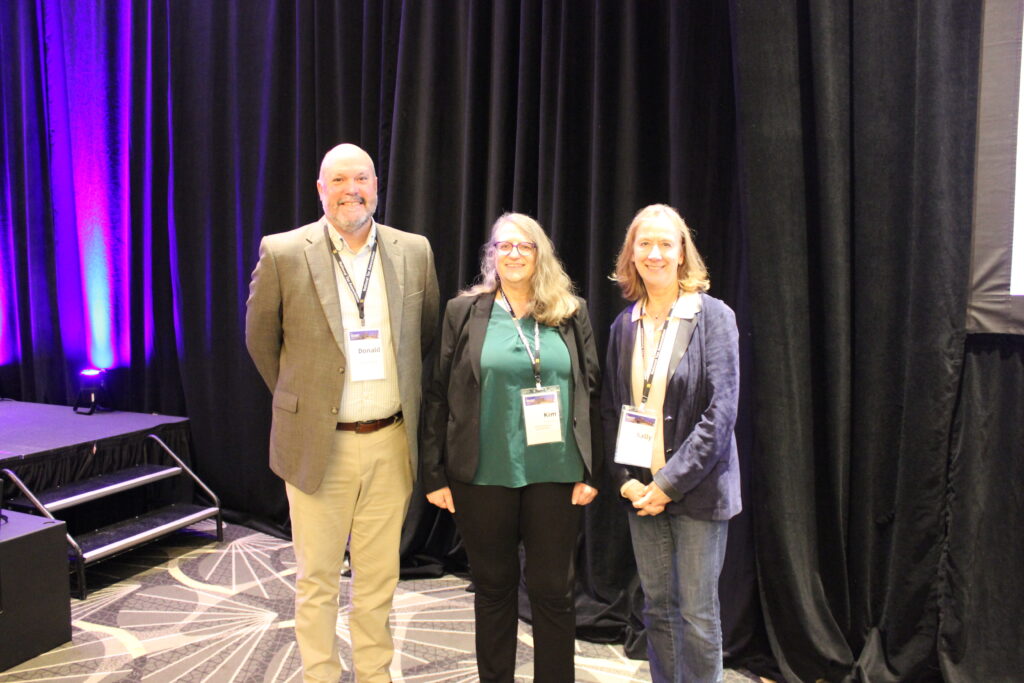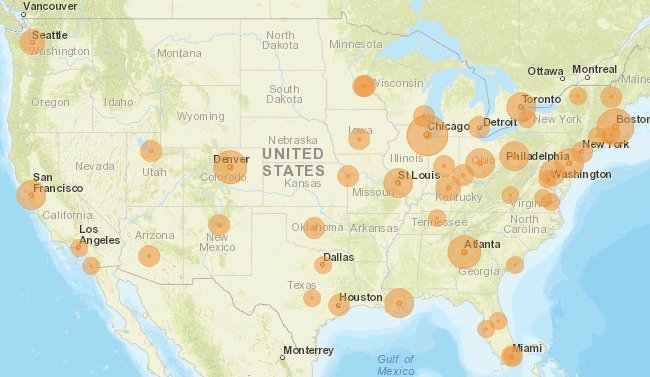Dorothy A. Brown

Dorothy A. Brown holds the Martin D. Ginsburg Chair in Taxation at Georgetown University Law Center and is an advocate for economic and social justice. She is the author of The Whiteness of Wealth: How the Tax System Impoverishes Black Americans- And How We Can Fix It (Crown 3/23/2021). She is well known for her work in a variety of areas: the effects of tax policy by race, class, and/or gender; workplace equity and inclusion; and law school reform. She is also the author of the path breaking Critical Race Theory: Cases, Materials and Problems currently in its third edition, which applies a racial lens to foundational law school courses such as contracts, property, civil and criminal law and procedure. She is a co-author of Federal Income Taxation: Cases, Problems, and Materials (West Academic Publishing, Sixth and Seventh editions).
She has appeared on CNN, MSNBC, and Bloomberg, and has written numerous opinion pieces addressing current events in the New York Times, The Atlantic, CNN Opinion, Washington Post, Forbes, National Law Journal and Bloomberg View to name a few.
Currently, Dorothy teaches Fundamentals of Income Tax, Legislation and Regulation, Corporate Tax, Critical Race Theory and Tax Policy. She has won teaching awards at every law school she has taught. In 2018 she was co-recipient of the Clyde Ferguson Award 2018 (awarded by the AALS Minority Groups Section to outstanding law teachers who in the course of their careers have achieved excellence in the areas of public service, teaching and scholarship).
Ravi Kanbur

Ravi Kanbur is T. H. Lee Professor of World Affairs, International Professor of Applied Economics and Management, and Professor of Economics at Cornell University. He holds an appointment tenured both in the Charles H. Dyson School of Applied Economics and Management in the Cornell SC Johnson College of Business and College of Agriculture and Life Sciences, and in the Department of Economics in the College of Arts and Sciences.
He holds a bachelor’s degree in economics from the University of Cambridge and a masters and a doctorate in economics from the University of Oxford. He has taught at the Universities of Oxford, Cambridge, Essex, Warwick, Princeton and Columbia.
Ravi Kanbur has served on the senior staff of the World Bank, including as Resident Representative in Ghana, Chief Economist of the African Region, and Principal Adviser to the Chief Economist of the World Bank. He has also served as Director of the World Bank’s World Development Report.
He is Chair of the Board of United Nations University-World Institute for Development Economics Research, Co-Chair of the Scientific Council of the International Panel on Social Progress, member of the OECD High Level Expert Group on the Measurement of Economic Performance, Past-President of the Human Development and Capability Association, Past-President of the Society for the Study of Economic Inequality, past member of the High Level Advisory Council of the Climate Justice Dialogue, and past-member of the Core Group of the Commission on Global Poverty. The honors he has received include an Honorary Professorship at the University of Warwick. He delivered the Tenth Singapore Economic Review Distinguished Public Lecture.
Professor Kanbur’s main areas of interest are public economics, development economics and economic theory. His work spans conceptual, empirical, and policy analysis. He is particularly interested in bridging the worlds of rigorous analysis and practical policy making. His vita lists over 335 publications, covering topics such as risk taking, inequality, poverty, structural adjustment, labor, urbanization and agriculture. He has published in the leading economics journals including American Economic Review, Journal of Political Economy, Review of Economic Studies, Journal of Economic Theory, and Economic Journal. His latest books are on Development Ideas, the Economics of China, Ghana’s Economy at Sixty, Climate Justice, Immiserizing Growth and The Quality of Growth in Africa.
![National Tax Association [ National Tax Association ]](https://ntanet.org/wp-content/themes/nta-custom/library/images/nta-whitebg-web-top.svg)


![National Tax Association [ NTA ]](https://ntanet.org/wp-content/themes/nta-custom/library/images/nta-white-logo.svg)